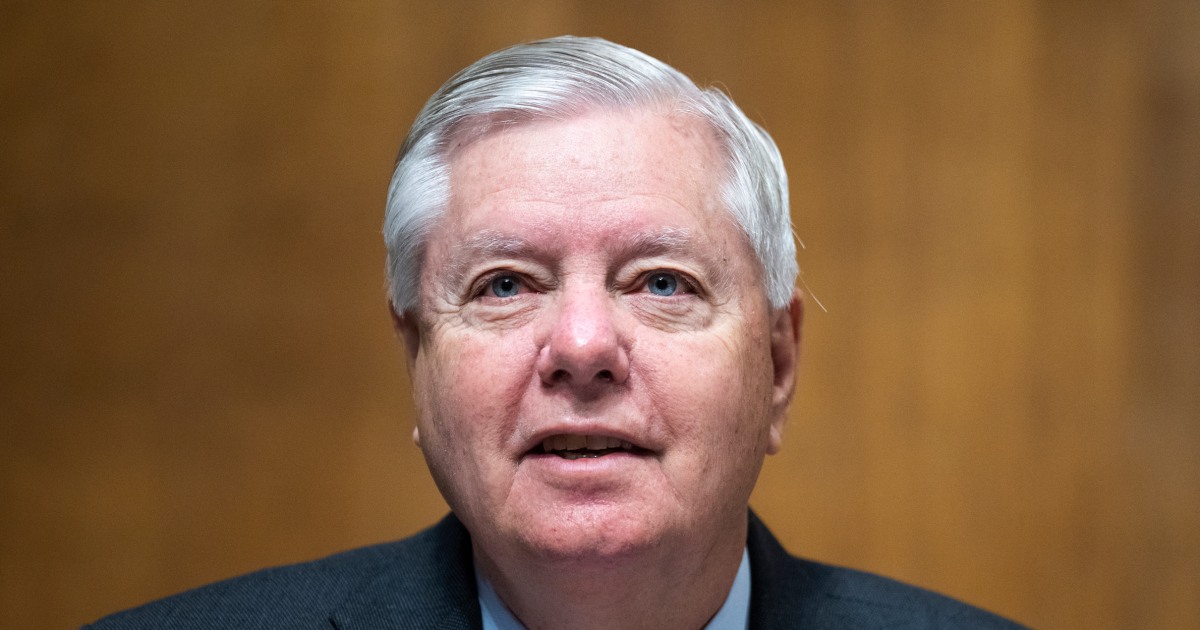
WASHINGTON — The drug industry’s top lobbying group on Tuesday faced fierce questioning at a Senate Judiciary Committee hearing that explored whether abuse of the patent system is responsible for keeping prescription drug prices sky-high in the United States.
The patent system is meant to reward innovation by allowing drugmakers to exclusively sell new medications on the market for a set period of time — typically 20 years.
During this time, other companies can’t make generic versions of the drug, severely limiting competition.
Senators across the political spectrum on Tuesday accused drug companies of abusing the system.
“I’m a big believer in our patent system, and I believe in the exclusivity that is provided to people who discover new life-saving drugs,” Sen. John Cornyn, R-Texas, said. “But at the same time, I’m angry when I look at the abuse of the patent system.”
Companies may file as many as 160 patents for any given drug, Cornyn said.
That tactic is referred to as “evergreening” — an industry practice in which a drugmaker extends the patent by making small tweaks to the drug or the device used to deliver the medication.
Sen. Peter Welch, D-Vt., said that Novo Nordisk currently holds 25 patents on Ozempic, 21 of which have to do with the injectable pen that delivers the medication and not the drug itself.
The practice of making tweaks to a drug or its delivery device is not illegal, Arti Rai, a professor at Duke University School of Law, told lawmakers.
Still, the federal government has tried to blunt efforts to prevent generic competition. Late last month, the Federal Trade Commission challenged hundreds of patent listings it said were intended to prevent lower priced drugs from reaching the market.
Jocelyn Ulrich, vice president of policy and research at the Pharmaceutical Research and Manufacturers of America, the drug industry’s trade group, said during the hearing that the group is not in support of “anti-competitive behaviors.”
But the current patent system has proper “checks and balances” in place, Ulrich said. “I think it’s working.”
Sen. Lindsey Graham, R-S.C., responded: “You think it’s working? Yeah, well, I don’t.”
Committee chair Dick Durbin, D-Ill., homed in Humalog, the diabetes drug from Eli Lilly. The drug is one of the costliest medications covered by Medicare and is one of the first to have been selected for price negotiations with the federal government.
Eli Lilly has successfully extended Humalog’s patent multiple times since its approval over 20 years ago, keeping generic versions off the market until recently.
Despite being a decades-old medication, Durbin said, Humalog has a list price of around $330 per vial in the U.S., up from around $20 per vial when it was approved.
“Many patients are paying inflated prices,” he said. “Too often the prices charged by Big Pharma do not reflect scientific advancement, but are rather the work of skilled lawyers manipulating the patent system.”
Sen. Jon Ossoff, D-Ga., told a similar story about inhalers. The active ingredients in them haven’t significantly changed over the past three decades, he said, yet prices remain high because extended patents have limited competition.
“The price Georgians are paying is outrageous,” Ossoff said.
“It really is outrageous,” Sen. Cory Booker, D-N.J., said of the practices drug companies use to limit competition. He added that he’s heard from constituents who say they’ve had to delay or skip medication because it was unaffordable.
“The bottom line here is the cost of health care in this country is killing folks,” Welch said.






